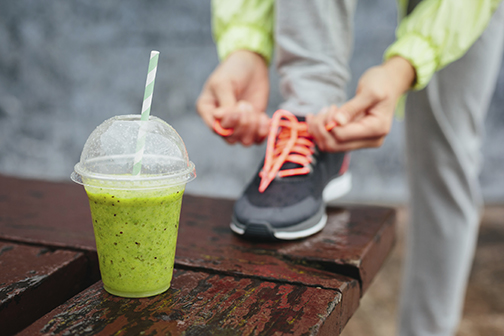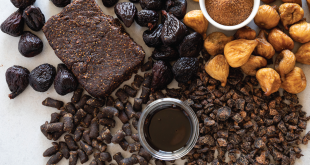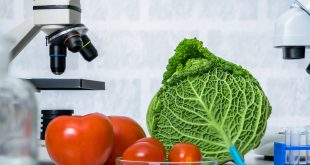
Text by Stephanie Mattucci
Pea protein is making an impact on the food and drink industry as one of the fastest-growing plant-based proteins on the market. While other plant proteins, such as soy and wheat, are more common, the number of food and drink product launches using pea protein increased nearly 50% between 2013 and 2014.
One reason for increased interest in pea protein is that it lends itself to current trends in consumer eating including gluten-free, vegan and high protein applications. Common claims typically found on food and drink products with pea protein include gluten-free (44%), no additives/preservatives (25%), GMO-free (22%), vegan (19%), and high protein (17%). Additionally, pea protein poses little threat to allergy sufferers. According to Mintel data, 29% of U.S. adults reported gastrointestinal issues caused by stomach irritation from lactose, gluten or other food intolerances or sensitivity. Unlike soy and wheat proteins, peas are not considered a major allergen. Nearly half (48%) of food and drink launches that used a pea protein ingredient in 2014 had a low/no/reduced allergen claim.
Pea protein expands across categories
Pea protein ingredients are found in a variety of categories, including the processed fish, meat, and egg product category, accounting for 23% of launches. Pea protein is used in other categories, as well, such as snacks, bakery, and desserts/ice cream. Pea protein ingredients offer a range of functional benefits, including gelation and emulsification. They can also improve texture in terms of crispness and mouthfeel. Not to mention the protein content. Pea proteins are rich in lysine, an essential amino acid often low in cereal proteins, such as wheat and rice.
Other pea protein ingredients are appearing on the market, including pea protein concentrate, pea protein isolate, and pea protein hydrolysate. Pea protein concentrates are most commonly used in meal replacement beverages (68%) and in snack/cereal/energy bars (23%). Similarly, pea protein isolates are most commonly used in snack/cereal/energy bars (19%) and gluten-free pastas (14%). The majority of food and drink products using pea protein hydrolysates were in frozen desserts, which accounted for 59%.
Pea protein for sports nutrition
High-protein meal replacement and sports beverages most commonly use milk proteins (76%), and only 2% of these products used pea protein, rice protein or hemp protein. Research on the effectiveness of pea proteins for sports recovery is limited. However, the amino acid content of pea protein suggests that it would be beneficial for athletes. Pea protein is a rich source of branched-chain amino acids (BCAA), glutamine, arginine, and lysine. These specific amino acids are beneficial for muscle development. For instance, lysine is useful for human growth and bone health whereas arginine is involved in nitrogen metabolism, growth and cell division, and helps build lean and muscular bodies. BCAA, which includes leucine, isoleucine, and valine, are necessary for the maintenance of muscle protein.
Although dairy and soy dominate the protein beverage market, 24% of U.S. protein drink consumers like the trend toward the use of plant proteins in protein drinks. In the UK, 14% of consumers avoid soy but only 4% do so because they or a member of their household has a food allergy or intolerance. The remaining 10% are avoiding soy as part of a general, healthy lifestyle.
Consumer interest in foods free from allergens, such as wheat, soy, and dairy, will continue to provide opportunities for pea protein in product development. Pea protein will benefit from the healthy halo currently emerging due to the growing use of popular claims, such as gluten-free, GMO-free, and others. Looking ahead, future applications for pea protein include sports nutrition products due to the amino acid composition.
 Canadian Food Business
Canadian Food Business




